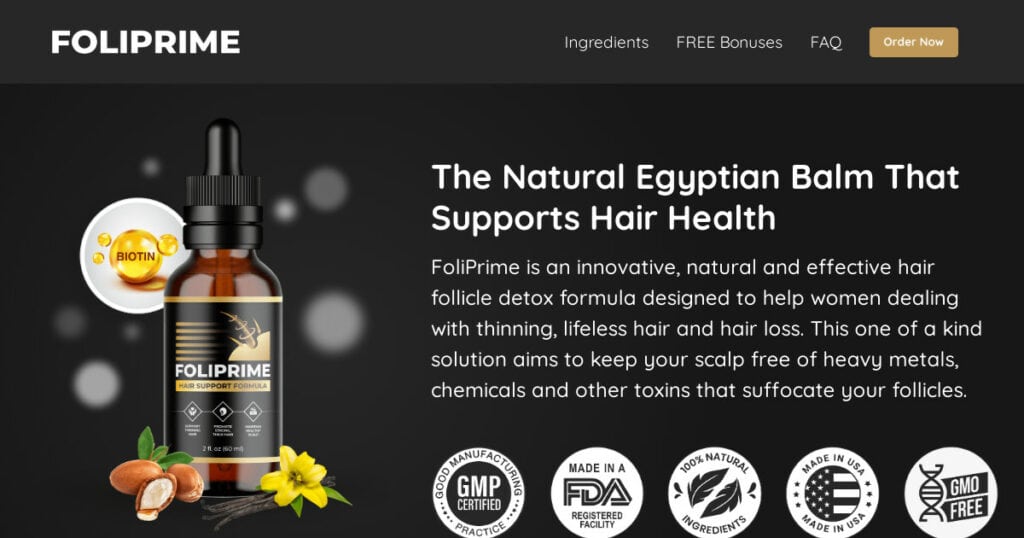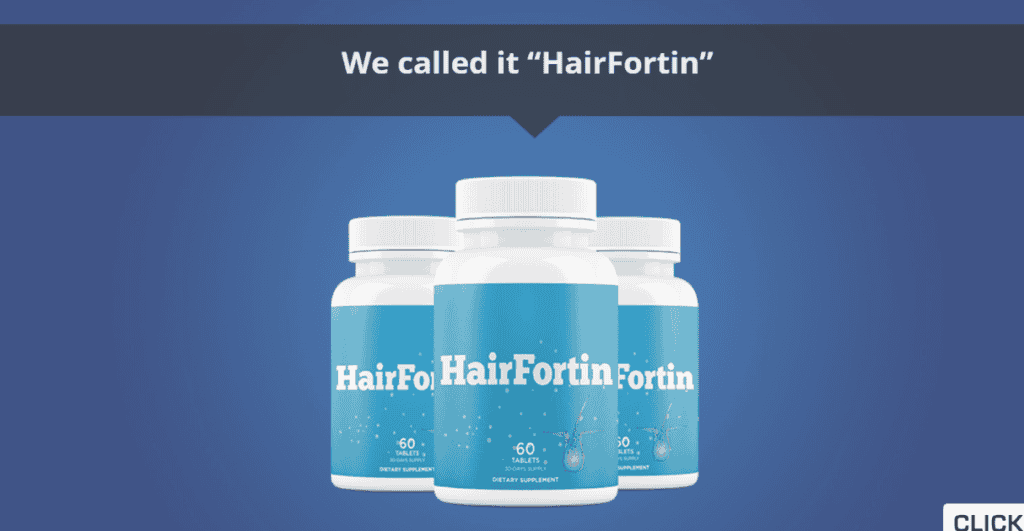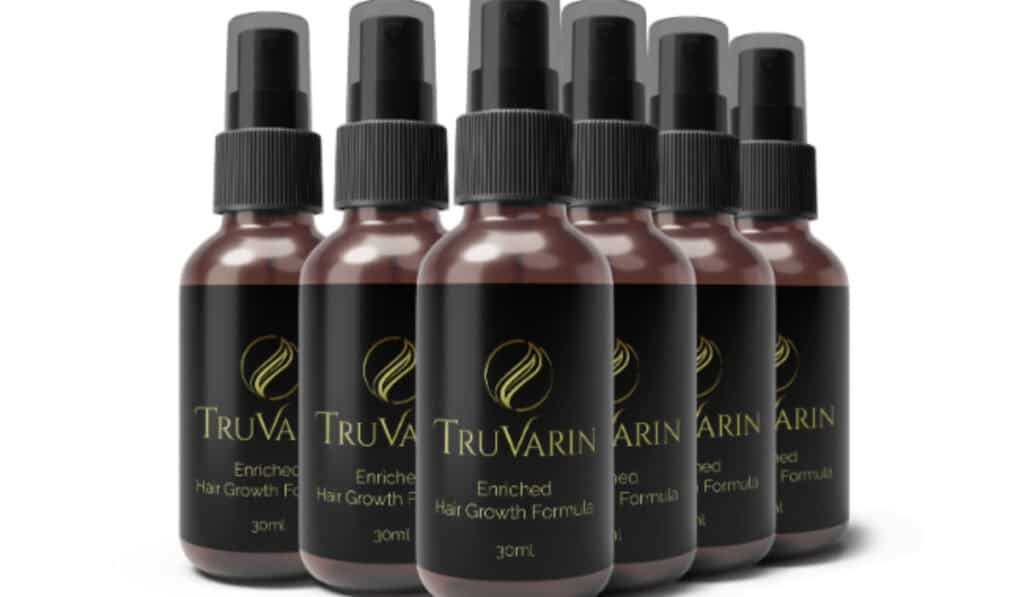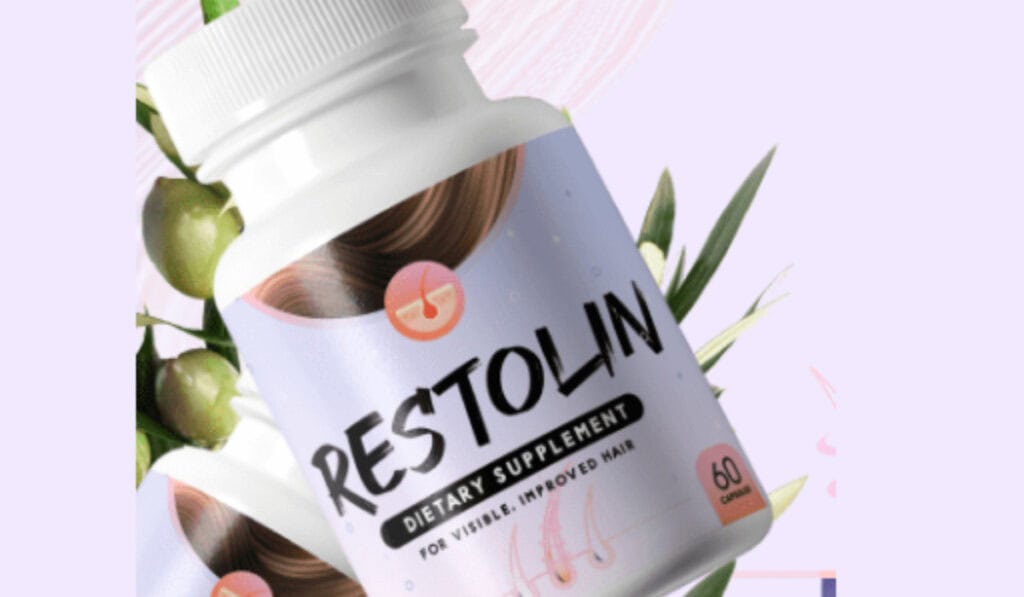A Comprehensive Guide
Understanding how to spot nutritional deficiencies is crucial for maintaining your health. Many people don’t realize that the food choices they make every day can lead to a lack of essential nutrients in their diet. This can affect everything from your energy levels to how well your body fights off illnesses.
In severe cases, missing out on these essential nutrients can cause significant health problems. That’s why it’s important to recognize the early signs of deficiencies and know how to address them. This guide will help you identify potential nutrient gaps and take steps to ensure you’re getting the nutrients your body needs.
Unveiling the Mystery of Nutrient Deficiencies
Micronutrient deficiencies can be a bit of a mystery because they often don’t show clear symptoms until they become severe. These deficiencies occur when your body doesn’t get enough of the vitamins and minerals it needs to function properly. Understanding these can help you make better food choices and prevent health issues.
The Crucial Role of Nutrients in Our Body
Nutrients are the building blocks of your health. They support everything from your brain function to your immune system. Essential nutrients, like vitamins and minerals, are vital for maintaining energy levels, supporting bone health, and ensuring your organs work properly. Without them, your body can’t perform at its best.
Early Signs You Shouldn’t Ignore
Ignoring the early signs of nutrient deficiencies can lead to more serious health issues. Symptoms like constant fatigue, brittle nails, and trouble concentrating can all indicate a lack of essential nutrients. Recognizing these signs early can help you adjust your diet or seek medical advice to address the deficiency.
The Most Common Nutritional Deficiencies
In severe cases, poor food choices can lead to a lack of essential nutrients and result in noticeable health problems. Knowing the most common deficiencies can help you make informed decisions about your diet and supplements.
Vitamin B12: Essential for Nerve Function and Energy
Although fruits and vegetables are vital for a healthy diet, they do not contain vitamin B12, which is essential for nerve function and energy. Foods like meat, fish, and dairy are primary sources. Bell peppers and other fruits and vegetables, however, are good sources of other nutrients like vitamin C.
Raising Your B12 Level to Combat Fatigue
If you’re feeling constantly tired, you might need to raise your B12 levels. Conditions like autoimmune diseases and pernicious anemia can make it hard for your body to absorb vitamin B12. Adding B12-rich foods to your diet or considering supplements can help restore your energy levels.
Iron Deficiency: The Leading Cause of Anemia
Iron deficiency is the world’s most common nutrient deficiency and a leading cause of anemia. Symptoms include pale skin and shortness of breath. Adults should aim for 18 mg of iron daily, primarily through iron-rich foods to combat these telltale signs.
Reversing Iron Deficiency to Restore Vitality
To reverse iron deficiency, include more iron-rich foods in your diet to meet the recommended 18 mg daily. Foods like spinach, red meat, and lentils can help restore your vitality and improve overall health.
Vitamin D: Key to Bone Health and Immune Function
Vitamin D is essential for bone health and immune function, yet many people are deficient in this vital nutrient. Bell peppers and other vitamin C-rich foods do not provide vitamin D, which must be obtained from sunlight, supplements, or foods rich in this nutrient.
Treating Vitamin D Deficiency to Alleviate Bone Pain
To treat vitamin D deficiency and alleviate bone pain, adults should aim for 600 to 800 IU daily, with those 71 and older needing the higher amount. Foods rich in vitamin D, like canned tuna, can help, but in severe deficiencies, supplements may be necessary.
Calcium: Critical for Heart and Muscle Functions
Calcium is not only crucial for bone health but also for heart and muscle functions. While not a source of omega-3 fatty acids, calcium-rich food sources are vital for maintaining these bodily functions.
How to Get More Calcium to Prevent Irregular Heartbeats
To prevent irregular heartbeats and support overall health, include more calcium in your diet. Dairy products, leafy greens, and fortified foods are excellent sources to help you meet your daily calcium needs.
Vitamin A: Important for Vision and Immune Health
Vitamin A plays a critical role in vision and immune health. While vitamin C intake is important for other reasons, ensuring you get enough vitamin A is crucial for maintaining good eyesight and a strong immune system.
Achieving an “A” in Vision Health to Combat Night Vision Deterioration
To combat night vision deterioration and boost your immune health, focus on getting enough vitamin A. Foods rich in beta-carotene, like carrots and sweet potatoes, can help prevent a lack of vitamin and ensure your eyes and immune system are functioning properly.
Magnesium: Supports Hundreds of Biochemical Reactions
Magnesium is a powerhouse mineral, crucial for over 300 biochemical reactions in your body, including those that keep your heart rhythm steady. A lack of magnesium can lead to heart palpitations, signaling an imbalance that needs attention. By maintaining adequate magnesium levels, you support your body’s overall health, including energy production and muscle function.
Addressing Magnesium Deficiency to Improve Overall Health
To combat magnesium deficiency, include magnesium-rich foods like nuts, seeds, and leafy green vegetables in your diet. Sometimes, supplements may be necessary, especially if your diet falls short. Addressing this deficiency can significantly improve your overall health, reducing the risk of heart palpitations and enhancing muscle and nerve function.
Symptoms Not to Be Overlooked
It’s easy to miss the early warning signs of nutritional deficiencies, but paying attention to your body can reveal crucial clues. Missing essential nutrients can lead to noticeable symptoms that shouldn’t be ignored. By staying alert to these changes, you can address deficiencies before they escalate into more serious health issues.
Severe Hair Loss: A Tell-Tale Sign
Experiencing severe hair loss could be a warning that your iron levels are too low, or you might be dealing with thyroid disease. Both conditions can lead to unexpected weight gain and a host of other health issues. Monitoring these symptoms closely can help you catch and address these deficiencies early.
Burning Sensation in Feet or Tongue: A Red Flag
A burning sensation in your feet or tongue can be alarming, often pointing to issues within your nervous system. This symptom is common among those following plant-based diets due to the risk of deficiency in certain nutrients. Including nutritional yeast and fortified soy products can help mitigate this risk.
Wounds That Are Slow to Heal: Indicator of Vitamin C Deficiency
Slow-healing wounds are a strong indicator of Vitamin C deficiency, affecting your body’s nutrient absorption and delaying recovery. This deficiency can lead to a cascade of deficiency symptoms, including increased risk factors for other vitamin deficiencies like Vitamin B9 and Vitamin E. Ensuring adequate intake of foods rich in Vitamin C, folic acid, and other essential vitamins can help promote quicker healing and reduce the risk of nutritional deficiency.
Nutrient Deficiency Consequences
Lacking essential nutrients can have far-reaching consequences on both your physical and mental health. From weakening your immune system to impairing cognitive function, the impact of not getting enough nutrients can be profound. Recognizing and addressing these deficiencies is crucial for maintaining overall well-being.
Understanding the Impact on Physical and Mental Health
The impact of nutrient deficiencies extends beyond the physical, affecting mental health as well. Missing key nutrients can lead to mood swings, depression, and cognitive decline.
From Cognitive Decline to Physical Fatigue
Nutritional deficiencies can manifest as muscle weakness, impacting your daily life significantly. Consuming fortified foods like soy milk and orange juice can help improve your Vitamin D levels, combating both cognitive decline and physical fatigue. A balanced approach to diet and supplements is key to addressing these issues.
Tackling Nutritional Deficiencies Head-On
Combatting nutritional deficiencies requires a proactive approach, focusing on a balanced diet rich in essential nutrients. Sometimes, despite our best efforts, dietary restrictions or health conditions may necessitate the use of supplements to meet our nutritional needs. Recognizing when to make these adjustments is crucial for maintaining optimal health.
The Importance of a Balanced Diet
A balanced diet is your first line of defense against nutritional deficiencies, providing the variety of nutrients needed for good health. Aim for a diet rich in fruits, vegetables, lean proteins, and whole grains. For example, including foods high in Vitamin C, like oranges, can supply the necessary mg of Vitamin C to boost your immune system.
When Supplements Become Necessary
There are times when diet alone isn’t enough to meet your nutritional needs, making supplements a valuable tool for filling in those gaps.
Choosing the Right Supplement
When selecting supplements, it’s essential to choose ones that meet your specific health requirements. Consulting with a healthcare professional can help ensure that you’re making the right choice, avoiding any potential interactions with medications and targeting your specific deficiencies effectively.
Advanced Strategies for Spotting Nutritional Deficiencies
Advanced strategies for identifying nutritional deficiencies include regular screenings and consultations with healthcare professionals. Staying informed about the latest research and recommendations can also help you stay ahead of potential deficiencies.
Nutrient Deficiency Screening Tests: Your First Step
Nutrient deficiency screening tests are a critical first step in identifying any deficiencies you may have. These tests can reveal issues like zinc deficiency, which can lead to developmental delays in children or exacerbate conditions like cystic fibrosis. Being proactive about these screenings is vital for maintaining your health and preventing long-term damage.
The Role of Healthcare Professionals
Healthcare professionals play a key role in identifying and managing nutritional deficiencies. They can run tests to find out what nutrients you might be missing and give advice on how to get your health back on track. If you’re not feeling well or notice changes in your body, it’s a good idea to talk to a doctor or a dietitian.
Beyond the Basics: Special Cases
Special cases, like vitamin B12 deficiency, often require careful attention. People who don’t eat meat or animal products are at higher risk and might need supplements. Your doctor can help you understand if you need to take extra B12 and how much is right for you.
Addressing Deficiencies in Vegan and Vegetarian Diets
If you’re vegan or vegetarian, you might have to pay extra attention to your diet to avoid missing out on important nutrients like vitamin B12, iron, and calcium. Eating a variety of fruits, vegetables, nuts, and seeds, and considering supplements can help keep your body healthy.
Nutrient Absorption Challenges in Older Adults
As you get older, your body might not absorb nutrients as well as it used to. This can make you more likely to have deficiencies. Eating nutrient-rich foods and talking to your doctor about supplements can help you stay healthy and keep your body strong.
Nourishing Your Body and Mind for a Healthier Tomorrow
Taking care of your nutritional health is important for both your body and your mind. Eating well, staying hydrated, and getting enough sleep can make a big difference in how you feel each day. These simple steps can help you lead a healthier, happier life.
Simple Lifestyle Changes for Major Improvements
Making small changes in your daily routine can improve your health. Try adding more fruits and vegetables to your meals, drinking more water, and exercising regularly. These changes can help you feel better and prevent nutritional deficiencies.
Keeping Track of Your Nutritional Health
Keeping an eye on what you eat and how you feel can help you spot nutritional deficiencies early. If you notice changes like feeling tired all the time or having trouble concentrating, it might be a good idea to look at your diet and talk to a doctor.
Final Thoughts on Spotting and Addressing Nutritional Deficiencies
Nutritional deficiencies can lead to health issues, but with awareness and action, they can often be prevented or reversed. Paying attention to your diet, especially for pregnant women who have higher nutritional needs, is crucial. Remember, taking steps to improve your nutritional health today can lead to a healthier tomorrow.
The Path to Enhanced Well-being Through Nutritional Awareness
Building a relationship with a primary care doctor or visiting a university medical center can provide you with the support and resources you need. Including nutrient-rich foods like sweet potatoes in your diet can also make a big difference in your health. Start today to pave the way for a healthier future.





